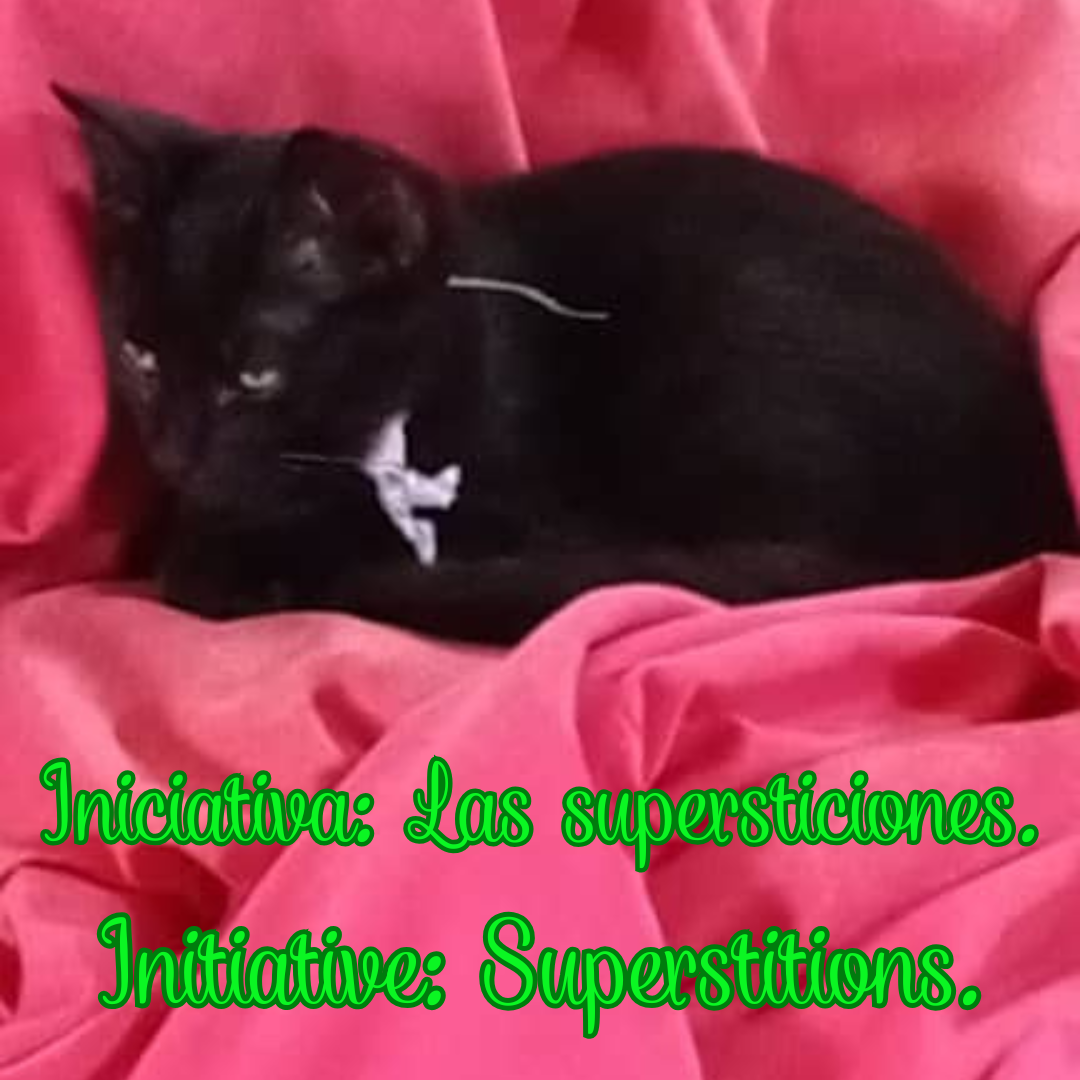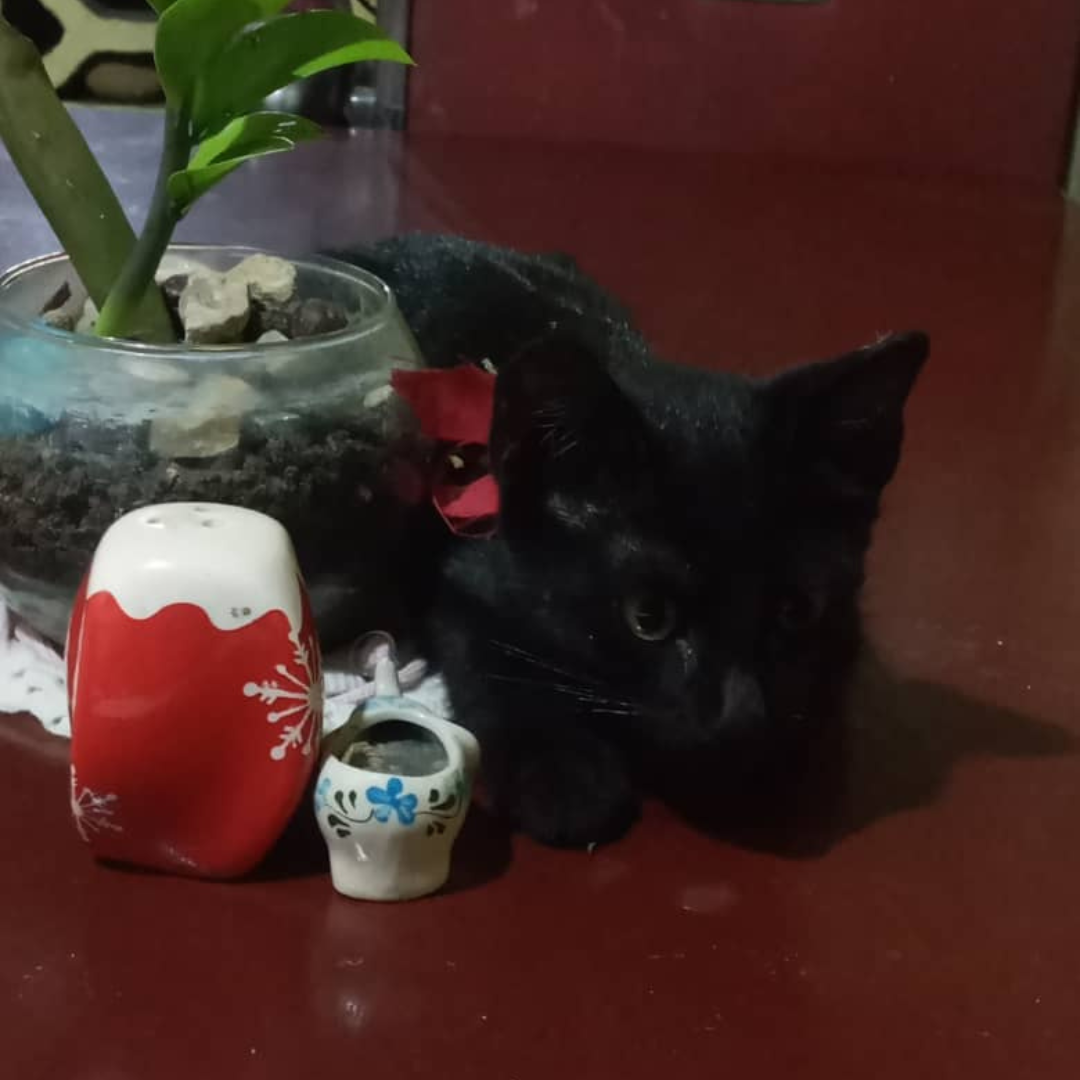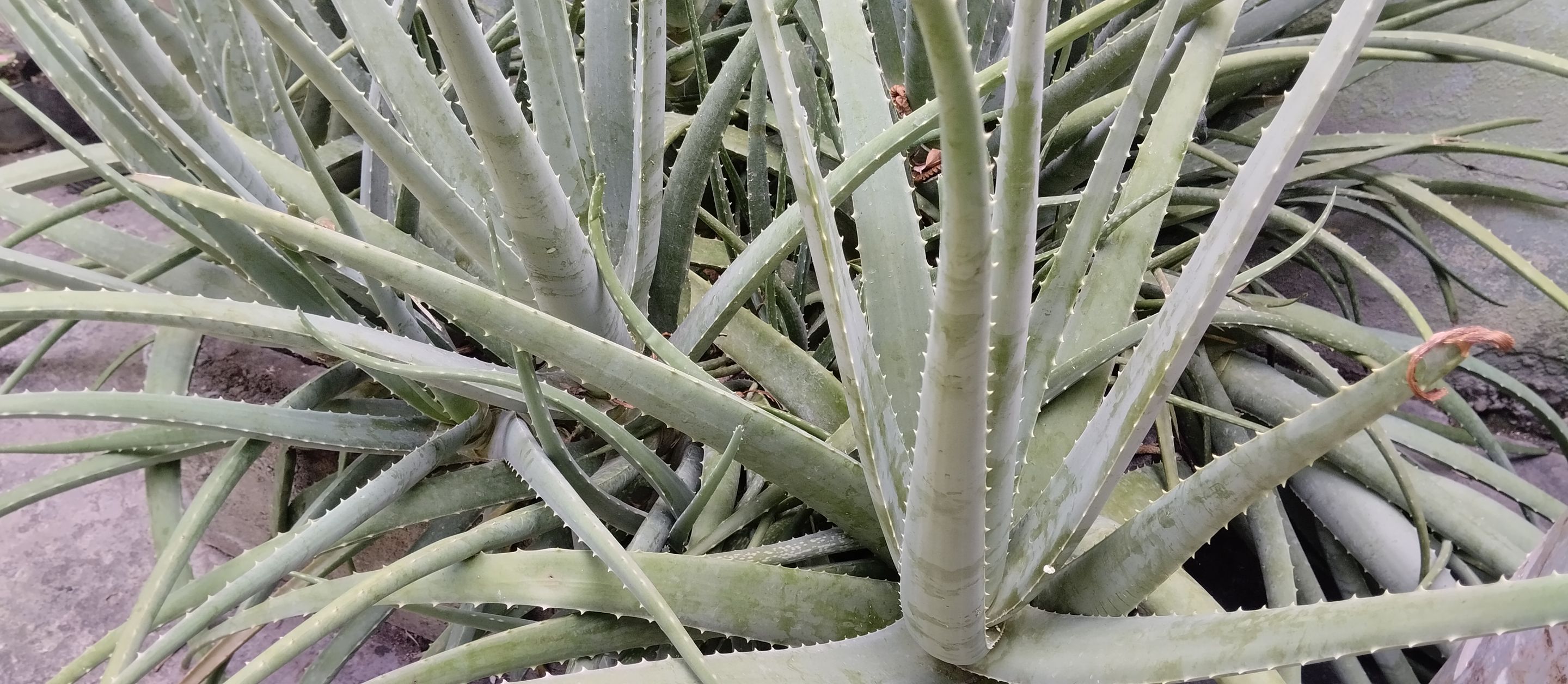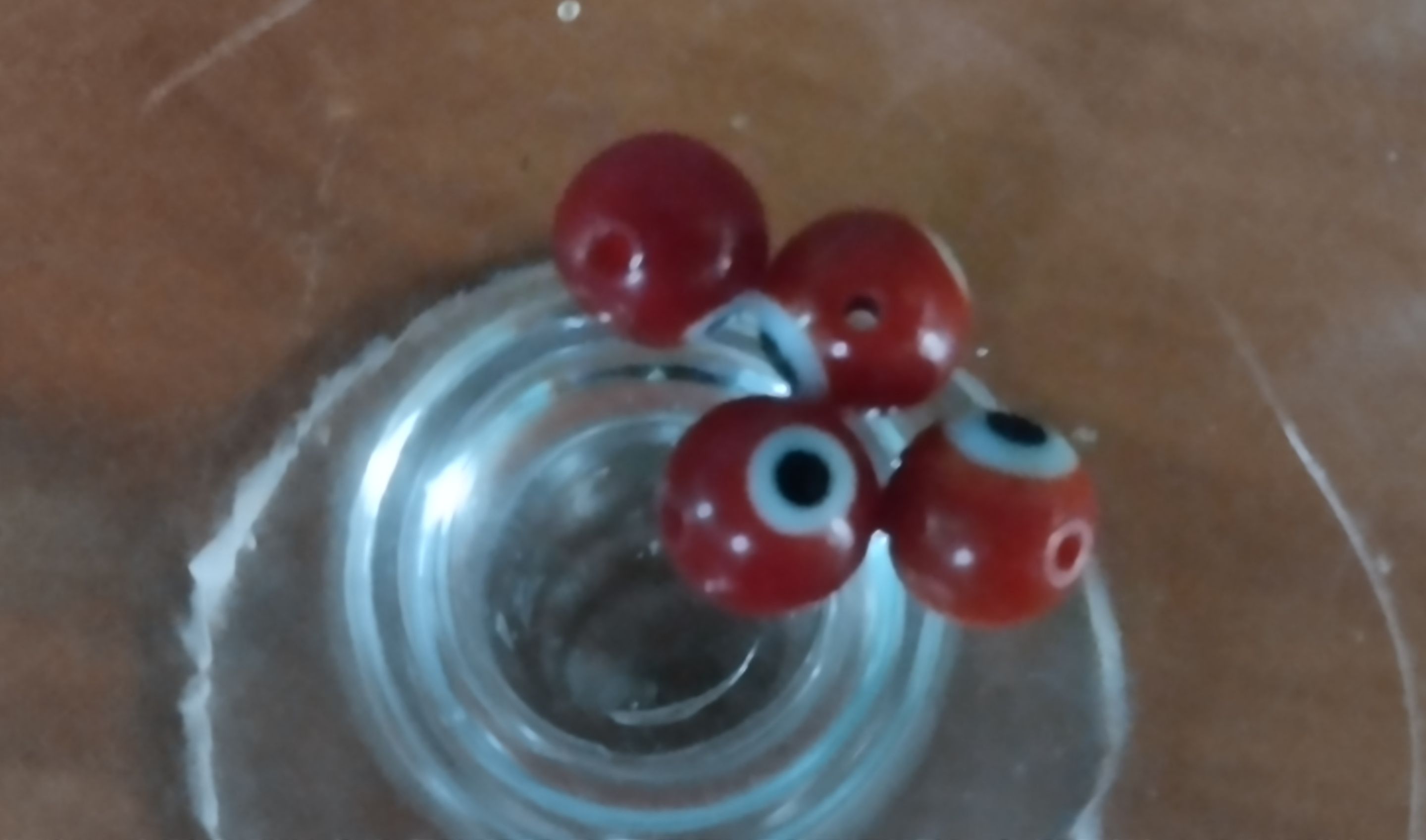Buenos días a mi querida comunidad de @holos-lotus, muchas bendiciones para ustedes. Me complace participar en este interesante tema propuesto en la iniciativa de la amiga @lilianajimenez; en esta podemos dar nuestra opinión personal sobre creencias y mitos del pasado. >
Good morning to my dear @holos-lotus community, many blessings to you all. I am pleased to participate in this interesting topic proposed by my friend @lilianajimenez; here we can give our personal opinion on beliefs and myths of the past.

Algunos padres, desde la infancia, inculcan creencias a sus hijos, según ellos, son reales y producen buena o mala suerte, producto de lo que sus antepasados le transmitieron. Por ejemplo, se piensa que, usar una cadena con la imagen de un santo, o una piedra de cierto color, cruzar los dedos, colocar sábila detrás de la puerta, lanzar monedas en un pozo, pidiendo un deseo, etc., producen buena suerte. Los corredores profesionales de autos en las competencias, generalmente llevan consigo amuletos para que los protejan y los ayuden a ganar la carrera. Pero sucede, lógicamente, que solo un corredor logra el triunfo, es aquí donde podemos preguntarnos, ¿qué pasó con los otros corredores que también llevaban un amuleto?
Some parents instill beliefs in their children from childhood, which they believe to be real and to bring good or bad luck, based on what their ancestors passed down to them. For example, it is believed that wearing a chain with the image of a saint or a stone of a certain color, crossing your fingers, placing aloe vera behind the door, throwing coins into a well while making a wish, etc., brings good luck. Professional race car drivers in competitions usually carry amulets with them to protect them and help them win the race. But, logically, only one driver wins, which leads us to ask, what happened to the other drivers who also carried an amulet?

Las supersticiones son para mí un tema que me trae recuerdos, ya que mis padres, desde temprana edad, me decían: “No hay que creer mucho, pero de que vuelan, vuelan”, o frases como estas: “cuidado, tomas alguna golosina que te regalen en la calle”, u otras cosas, sin entender lo que querían decirme, esto lo hacían para que estuviera alerta y vigilante, y no me agarrara desprevenida algún maleficio tramado, según ellos.
Superstitions are a topic that brings back memories for me, since my parents, from an early age, used to say to me: “Don't believe too much, but if they fly, they fly,” or phrases like these: “Be careful, don't take any candy that people give you on the street,” or other things, without me understanding what they meant. They did this to keep me alert and vigilant, so that I wouldn't be caught off guard by some evil spell, according to them.

Recuerdo, que cuando iba de paseo con mis familiares y, veíamos una escalera colocada fuera de una casa o alguna construcción, mi hermana mayor o mi madre decían: “cuidado y pasan debajo de ella porque les puede suceder algo malo”. Después de adulta, cuando tuve mayor consciencia y madurez, entendí un poco más a las personas que tenían estas creencias sobre las supersticiones, y por qué yo cumplía con tales sugerencias.
I remember when I was out walking with my family and we saw a ladder leaning against a house or some other building, my older sister or my mother would say, “Be careful when you walk under it because something bad might happen to you.” As an adult, when I became more aware and mature, I understood a little more about people who had these beliefs about superstitions, and why I followed such suggestions.
Existe también la creencia de que, por ejemplo, ver pasar un gato negro, vaciar sal en el piso, pisar las conchas de ajo, entrar con un paraguas abierto a la casa, que la novia la vea el novio antes del inicio de la boda, que un martes de la semana sea día 13, que se derrame vino sobre la mesa, etc., son sinónimos de mala suerte y que algo negativo le puede suceder a la persona involucrada.
There is also a belief that, for example, seeing a black cat cross your path, spilling salt on the floor, stepping on garlic cloves, entering the house with an open umbrella, the bride seeing the groom before the wedding begins, Tuesday the 13th, spilling wine on the table, etc., are synonymous with bad luck and that something negative may happen to the person involved.
Tengo un amigo que suele llevar consigo un collar preparado con ojos turcos y otros dijes, para la buena suerte, el cual no deja que nadie se lo toque.
I have a friend who usually wears a necklace with Turkish eyes and other charms for good luck, which he doesn't let anyone touch.
Siempre recuerdo en mi adolescencia un problema muy fuerte de salud que tuvo mi hermana. Estábamos en el cumpleaños de un tío, y un muchacho que ella no conocía la invitó a bailar y como no lo conocía, le dijo que no, y al rato esa persona pasó a su lado y le dijo que algo malo le sucedería. Y ella grabó en su mente lo que él le dijo. Al llegar a casa y pasadas las 11 de la noche, vimos a mi hermana que estaba convulsionando y decía que veía a una persona parada en su habitación, estaba como delirando, no podía abrir los ojos. Mi madre y mi padre, en la desesperación, pensaron lo peor, y tuvieron que sacarla urgente a un médico y no pudieron mejorarla. Entonces, viendo la hora, se preocuparon mucho más, y llamaron al cuñado de mi mamá, quien les recomendó llevarla a santiguar. Con los días ella mejoró, y contaba lo sucedido con aquella persona desconocida, que jamás volvió a ver.
I always remember a serious health problem my sister had when we were teenagers. We were at an uncle's birthday party, and a boy she didn't know asked her to dance. Since she didn't know him, she said no, and a little later that person walked by her and told her that something bad would happen to her. She remembered what he said. When we got home after 11 p.m., we saw my sister convulsing and saying that she saw a person standing in her room. She was delirious and couldn't open her eyes. My mother and father, in desperation, thought the worst and had to rush her to the doctor, but they couldn't help her. Then, seeing the time, they became even more worried and called my mother's brother-in-law, who recommended that they take her to be blessed. Over the next few days, she got better and told us what had happened with that stranger, whom she never saw again.

En mi humilde opinión, la eficacia de las supersticiones en general: amuletos, talismanes y otros, reside en creer o tener fe de que esas creencias, tradiciones son ciertas, reales, y producen en las personas efectos positivos o negativos, según el caso. La mente humana (el subconsciente) tiene el poder de atraer aquello en lo que creemos firmemente, e incluso lo que nos infunde miedo o temor. Cuando rechazamos con gran convicción y fuerza mental y emocional, “algo” que supuestamente nos puede dañar (superstición), nada nos sucederá. El problema reside cuando se acepta o tienes algún tipo de duda al respecto.
In my humble opinion, the effectiveness of superstitions in general—amulets, talismans, and others—lies in believing or having faith that these beliefs and traditions are true, real, and produce positive or negative effects in people, depending on the case. The human mind (the subconscious) has the power to attract what we firmly believe in, and even what instills fear or dread in us. When we reject with great conviction and mental and emotional strength “something” that supposedly can harm us (superstition), nothing will happen to us. The problem arises when we accept it or have some kind of doubt about it.
Pienso que al hacernos conscientes de la causa real, de lo que sucede con los efectos de las supersticiones, nos ayuda a conocernos mejor y a crecer espiritualmente.
I think that by becoming aware of the real cause, of what happens with the effects of superstitions, it helps us to know ourselves better and to grow spiritually.
**Contenido Original. Fotos tomadas con mi Redmi 10. Foto de portada editada en Canva. Uso del traductor Deelp.**
Original content. Photos taken with my Redmi 10. Cover photo edited in Canva. Use of Deelp translator.
